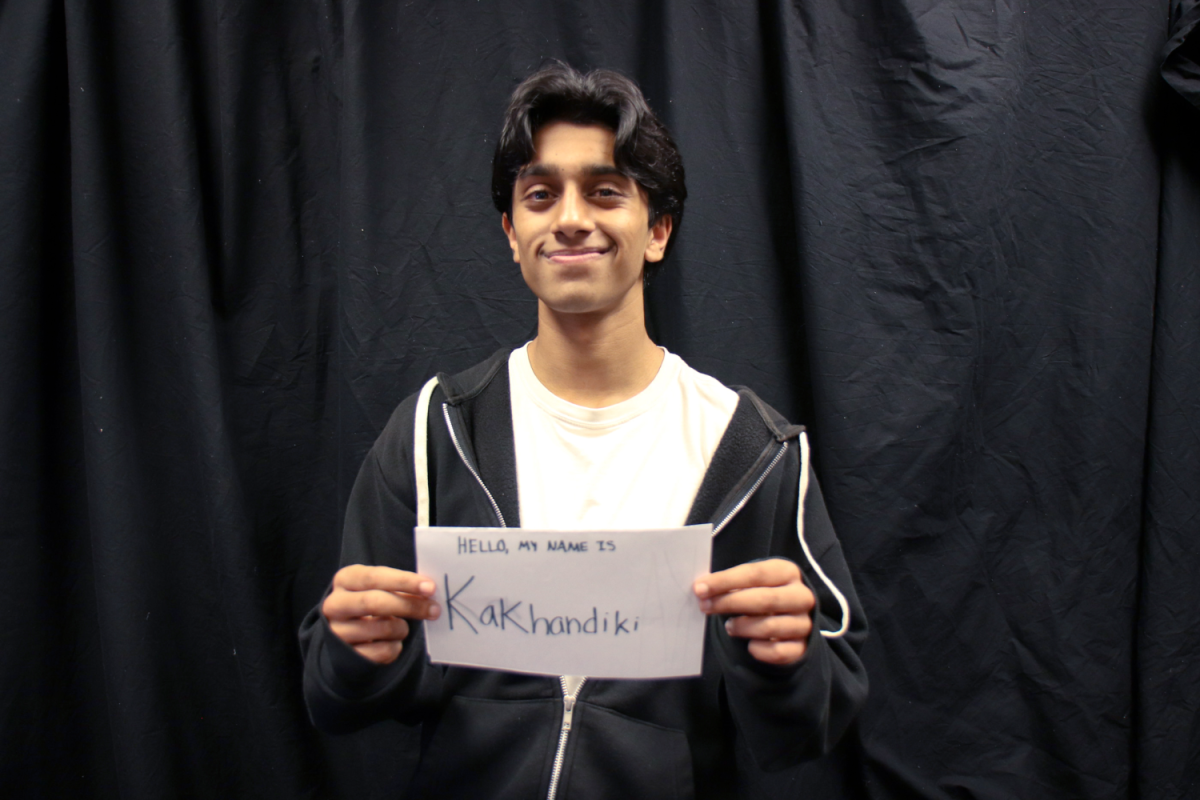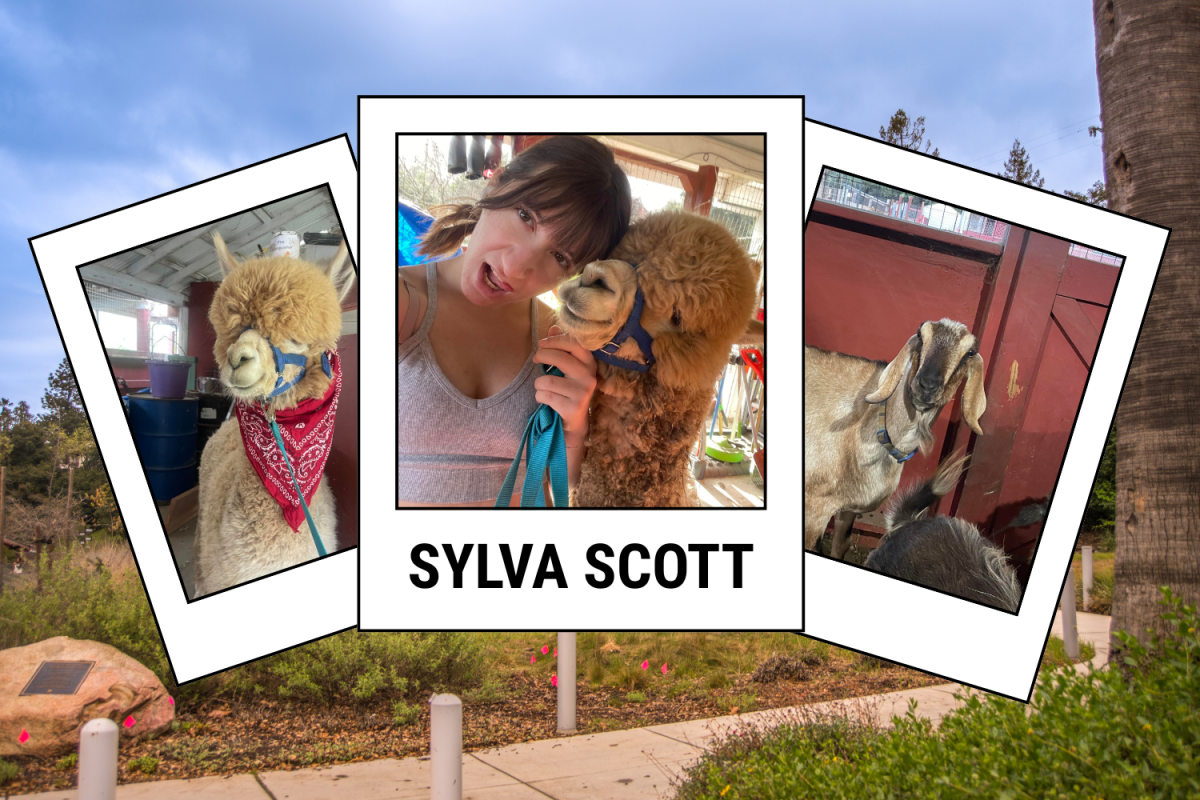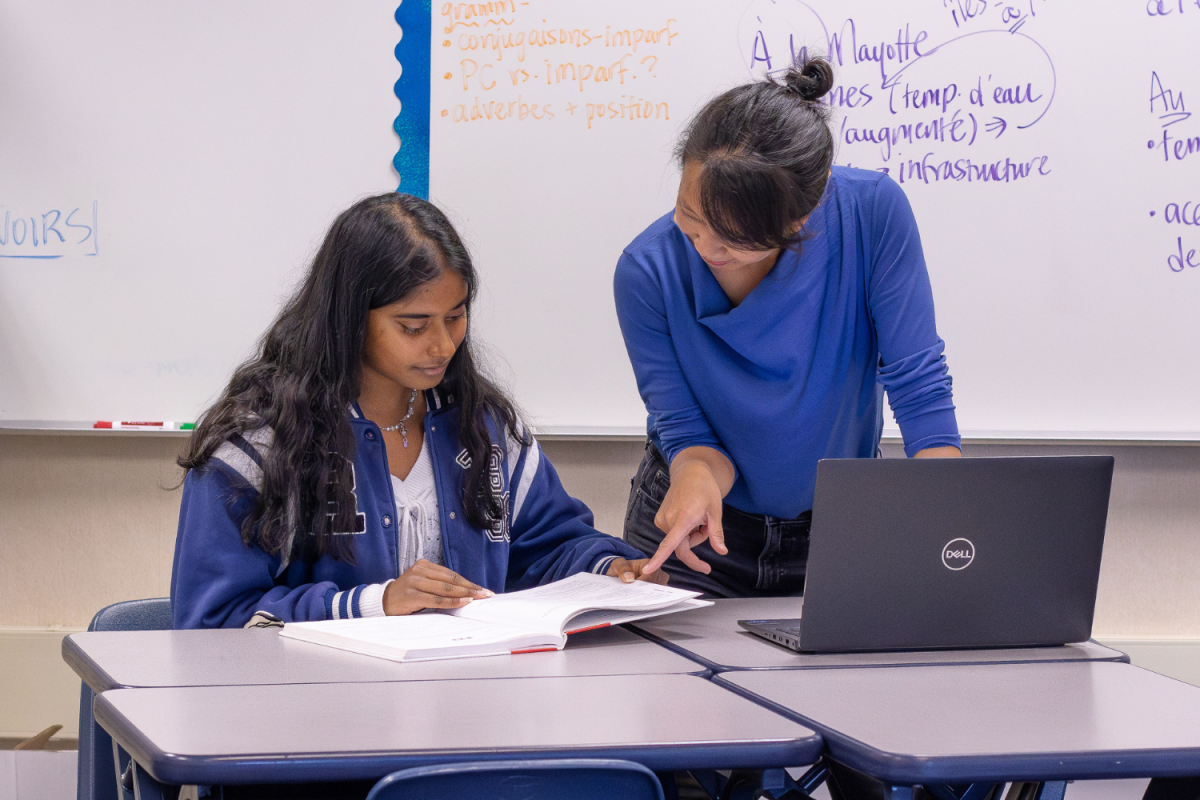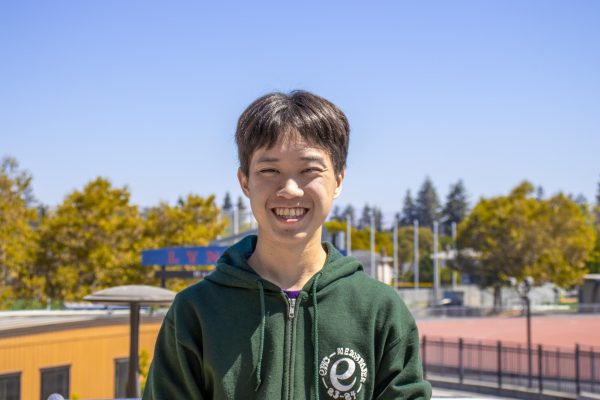In mock trial, each participant in a trial has a short introduction, where they get up from their seats and proudly announce their full names. I would watch my peers stand up, projecting surnames of “SEE-kree” or “WOO.” Simple names, short and eloquent. When it was my turn, I would rise from my seat, apprehensively saying, “Good evening, your honor. My name is Rohan “KAHK-hun-DEEK-ee.”
Breaking down my last name, it’s easy to figure out how it’s problematic. First, it’s ten letters. I’ve seen longer surnames, especially in other Indian kids, but they always roll off the tongue so smoothly. There’s nothing smooth about my last name, with its mismatched emphasis and sharp syllables.
Every time anybody said it, it sounded like a common swear word or two. The most common pronunciation has some inappropriate language, so I’d always try to soften its enunciation, but it was a feeble attempt. The more I tried to fix it, the more it sounded forced.
As you could expect, it made me stand out at school. I heard jokes about my last name constantly. I remember my first day of second grade, my new teacher struggling to pronounce it during attendance, asking me to say it to the whole class so that nobody would mess it up. Fears of tests would be overtaken by the terror of a substitute teacher to mess up my name in front of everybody. Since I knew that it would be attached to me for life, I felt constantly embarrassed.
During public events, I began tweaking my last name slightly. I would place an awkward emphasis on the ‘HUN’ in my last name, trying to split it apart so it wouldn’t sound so grotesque. It wasn’t perfect, but it was enough to assuage my insecurities. As I changed my last name, I found a new sense of shame: I was hurting my family by changing it. That name doesn’t just represent me; it represents my past, my family’s history.
When I went to Los Angeles for a mock trial tournament, my cousin decided to come watch the team perform. When it was my turn for introductions, the only thing on my mind was my last name — how someone with the exact same name, expecting an exact pronunciation, was about to see all my shame for our family. I said my last name as naturally as I could, looking straight ahead and projecting each syllable with a smile. Saying it gave me a sense of release, as I was forced to face my insecurities and, in a way, get over them.
It’s weird to think about how ten simple letters can dictate my whole life. People’s first impressions of me are the kid with the weird last name, teachers remember me as the hard-to-pronounce student on the attendance sheet, yet my family uses it as a way to connect us all, my cousins, aunts, uncles and grandparents all sharing the same mark. Names like this aren’t just important, they’re who we are. My last name has a little more personality, but it doesn’t change who I am or how much I love my family.








































































